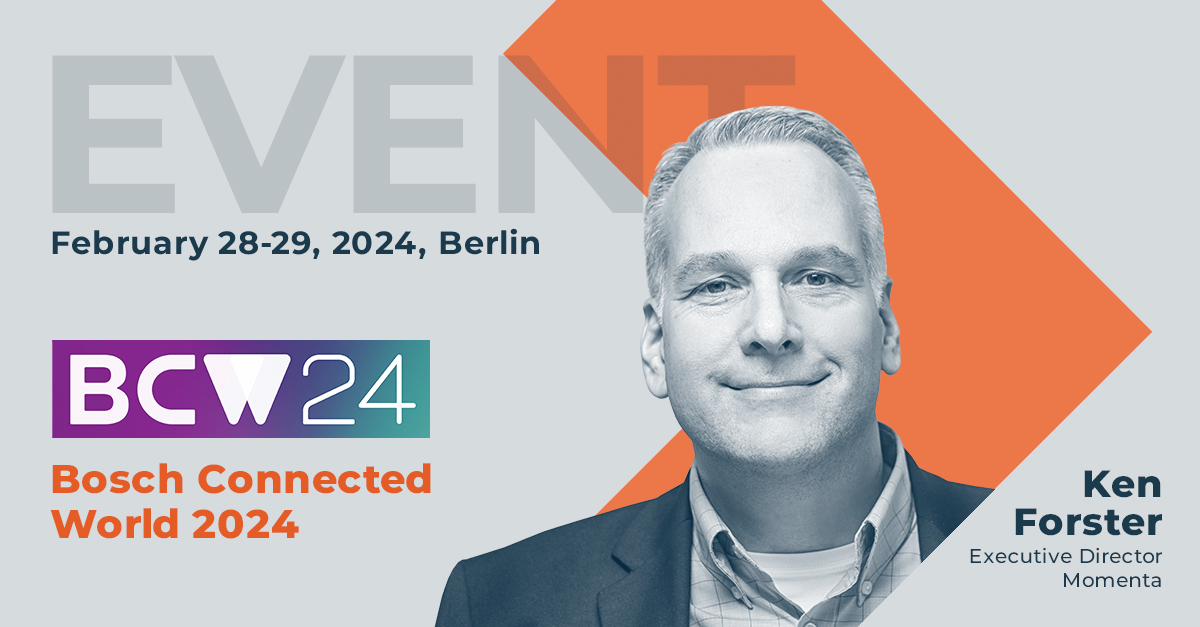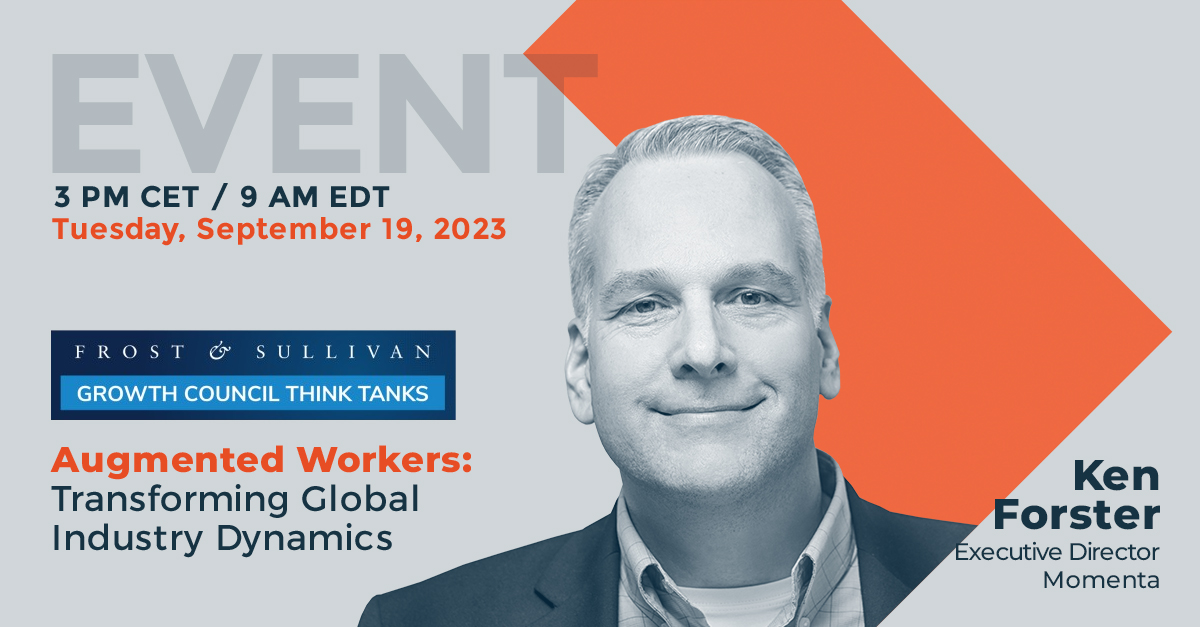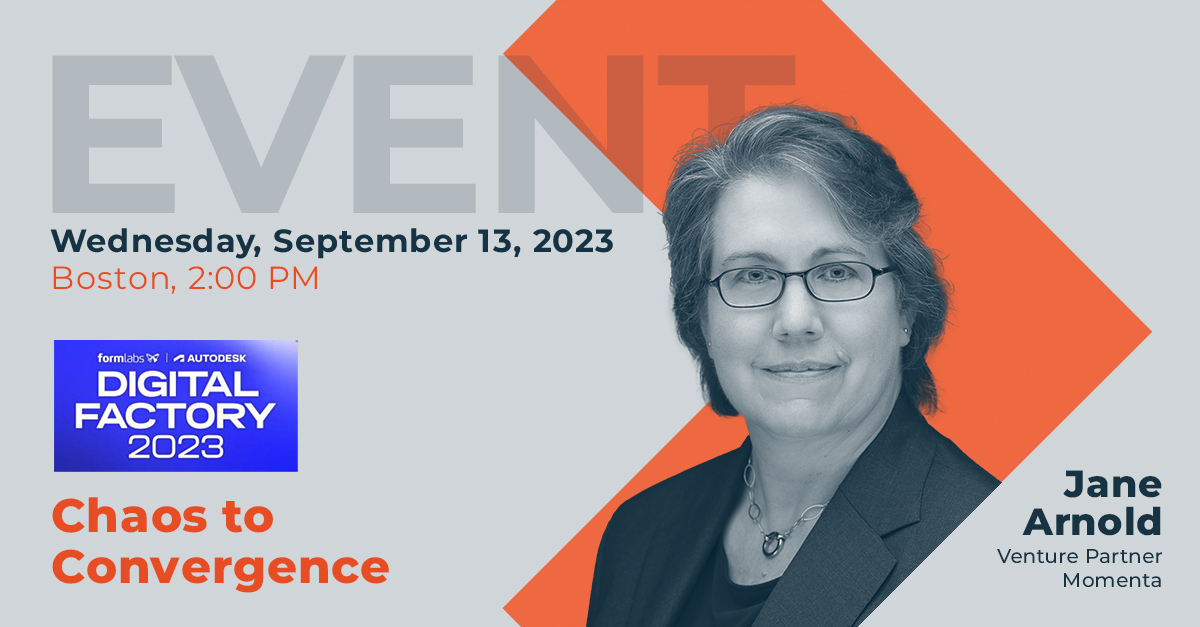Insight Vector: Connecting with the Industrial IoT
Ed Maguire

The Industrial Internet of Things (IIoT) continues to see growing interest from entrepreneurs, investors and businesses large and small. Last week McRock Capital’s IIoT Symposium in Montreal had nearly 400 registered attendees, representing a wide swath of roles and industries.
The Canadian markets have been a receptive proving ground for implementing Connected Industry projects due to the concentration of industries like mining, oil and gas – resource intensive industries with high capital investment, sophisticated machinery and often challenging environments. Toronto-based VC firm McRock Capital showcased a number of notable Industrial IoT success stories from its Canadian ecosystem at its 6th annual Symposium.
There’s no doubt that the value of Industrial IoT solutions is resonating among businesses and industry. There are a few themes that stood out – how established industrial companies are managing the digital transformation of their businesses, increasing focus on domain-specific applications rather than infrastructure, the growing need for security, and the relevance of artificial intelligence and machine learning.
What stood out across the event was the premier importance of partnerships. Traditional industrial firms’ culture, ecosystems and business models have distinct differences from the technology industry. It’s clear that the value of Industrial IoT solutions is most effectively realized when partners learn to collaborate across their unique areas of industry expertise. In the tech industry, it has been straightforward for VC’s and channel partners to make simple introductions to customers and partner, but in Agriculture, Energy, Manufacturing and Smart Cities there’s a need for partners with a unique domain focus to bridge these different worlds.
IIoT transformation is a multi-faceted challenge
Large, established companies like GE, Pitney Bowes, Caterpillar, BASF and Titan Machinery are each investing to adapt their existing organizations to the new business models that arise from harnessing data analytics from connected machines. The challenges are less about the technology, and more about capturing domain knowledge and adapting corporate culture to new business paradigms.
GE in many respects is leading the market with multi-faceted investments in software (GE Digital), customer innovation centers, corporate venture funding and its own accelerator program. Fastworks for GE is a set of tools and principle that increase speed to market and increase chances of success, while Zone Startups is GE’s own incubator. Pitney Bowes is working to transform its business from traditional product and services to outcome-based solutions - instrumenting its 3,500 industrial sorting machines and 500,000 postage meters globally.
Focusing on the verticals – not just the plumbing
There’s been so much innovation at the IoT infrastructure level in recent years that companies and investors are looking more at how to apply the technologies within specific business context. It’s notable that platform companies like Litmus Automation (Winner of McRock Capital’s Industrial IoT Entrepreneur of the Year 2017 - and one of Momenta's Connected Industry portfolio companies) are seeing meaningful success applying their Loop platform to manufacturing and connected cars. Comments from a panel of corporate VCs from GE Ventures, Cisco and BASF reinforced the view that technology building blocks are becoming less a focus than the way the technologies are applied. Industries like Agriculture, Oil and Gas, Manufacturing and Smart Cities are highly receptive to new innovations.

Litmus Automation Co-Founder and CEO Vatsal Shah receives the Entrepreneur of the Year Award from McRock Capital. Litmus is a Momenta Ventures portfolio company.
Security is fundamental
The disruption to hospitals, train systems and other critical industries from the WannaCry ransomware attack underscored the vulnerabilities of an increasingly connected society. While WannaCry did not compromise purpose-built IoT devices in the same way as last year’s Mirai Botnet, which commandeered routers and video cameras to execute massive distributed denial-of-service attacks, WannaCry was impactful against industrial firms because of how they have managed their critical data transfer. Security companies including Bay Networks, eSentire and Dragos are focusing on partnerships – between industrial firms and security companies, and also between businesses and regulators. Cybersecurity remains a challenge for firms of all sizes and new EU privacy regulations compel businesses to understand and comply with the laws or face severe penalties.
When comes Artificial Intelligence into the picture?
AI has been a hot topic across technology and in the industrials market, with IoT platform providers like PTC’s ThingWorx acquiring Coldlight, and GE acquiring BitStew and Wise.io. A panel included the head of Amazon’s Alexa fund, biometric firm Invixium, a startup focused on analyzing facial blood flow to detect emotions explored the convergence of these capabilities. In the future, voice recognition can be used for authentication, with Affective Computing techniques used to analyze whether the operator of heavy industrial equipment might be in an agitated state – or even approaching a heart attack. For now, the technologies are still developing, but there’s no question that predictive analytics are working their way into industry and automation systems.
Partnering is key to the success of Connected Industry
One of the key themes articulated broadly was that partnerships are critical for IIoT companies. Industrial firms have long-time established relationships with customers, the channel, suppliers and other partners. This is very different from the IT industry where partnerships have historically been more fungible and loosely coupled. Tech startups have to be careful not to overpromise, and not just compete on reckless marketing tactics, as established industrial firms have built their reputations over decades. This holds true particularly in security, where marketing is traditionally characterized with a lot of hyperbole.
This is why we founded Momenta Partners' as Connected Industry Growth Partners, providing highly-focused growth services for the Connected Industry. We deploy our industry-leading Strategic Advisory, Executive Search, Investment Banking and Venture Capital practices to accelerate growth of, and provide optionality for, Connected Industry companies in Telemetry, Industrial Automation, RFID, M2M and IoT.



